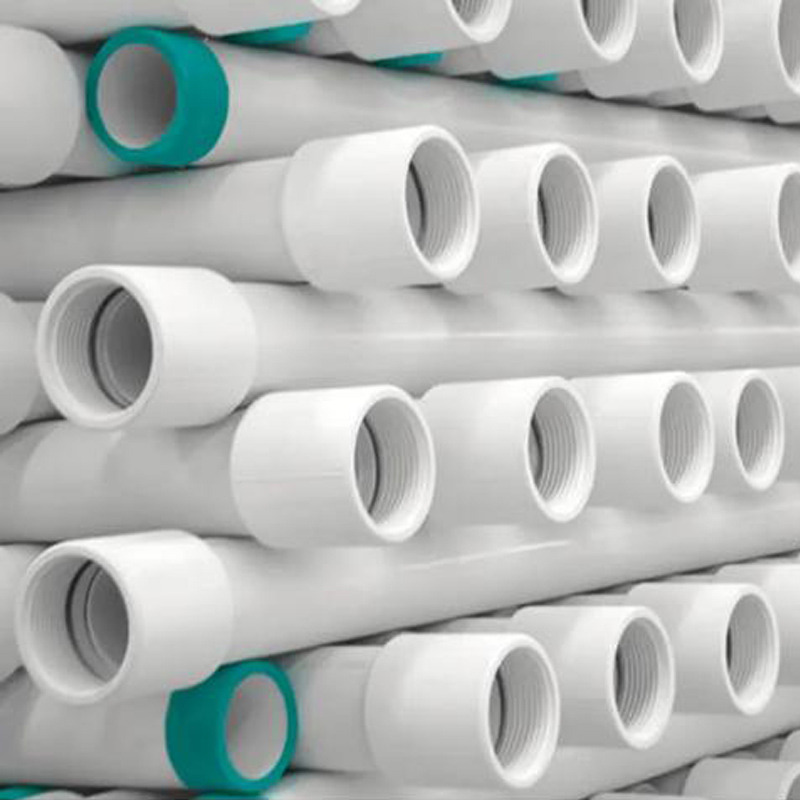Nov . 08, 2024 13:45 Back to list
High-Quality Manufacturers of Flexible HDPE Irrigation Pipes for Effective Water Management Solutions
HDPE Flexible Irrigation Pipe A Comprehensive Guide to Manufacturing and Benefits
In the realm of modern agriculture, the demand for efficient irrigation systems has escalated dramatically. As water scarcity becomes an increasingly pressing concern, farmers and agricultural experts are seeking solutions that not only conserve water but also enhance crop productivity. One of the most effective solutions available today is the High-Density Polyethylene (HDPE) flexible irrigation pipe. This article explores the manufacturing process of HDPE flexible irrigation pipes, their numerous benefits, and why choosing a reputable manufacturer is crucial for successful irrigation management.
What is HDPE Flexible Irrigation Pipe?
HDPE, or High-Density Polyethylene, is a thermoplastic polymer widely recognized for its exceptional durability, flexibility, and resistance to various environmental factors. HDPE flexible irrigation pipes are engineered to deliver water efficiently across agricultural fields, adapting to varying terrains with ease. Their flexibility allows for quick installation and reconfiguration, making them a favored choice among farmers who require an adaptable irrigation system.
Manufacturing Process of HDPE Flexible Irrigation Pipes
The manufacturing of HDPE pipes involves several key stages, employing advanced technologies to ensure high-quality products.
1. Raw Material Selection The process begins with choosing high-grade HDPE resin, which is essential for producing pipes that are robust and capable of withstanding pressure. The resin is often assessed for its density and molecular weight to ensure it meets industry standards.
2. Extrusion The HDPE resin is fed into an extruder, where it is melted and formed into a continuous pipe shape. The extrusion process involves controlling temperatures and pressures meticulously to achieve the desired pipe dimensions and properties.
3. Cooling and Sizing Once extruded, the pipe is cooled in a water bath, allowing it to solidify. After cooling, it is passed through sizing equipment to ensure it meets specific diameter and wall thickness requirements.
4. Printing and Marking To provide essential information regarding specifications, compliance, and usage guidelines, manufacturers print markings on the pipes. This step is crucial for easy identification during installation and maintenance.
5. Quality Control Before the pipes are packaged for shipment, they undergo rigorous quality control testing. This includes assessments for tensile strength, impact resistance, and overall durability.
6. Packaging and Distribution Finally, the HDPE pipes are neatly coiled or spooled and packaged for distribution to ensure they remain undamaged during transit.
Benefits of HDPE Flexible Irrigation Pipes
hdpe flexible irrigation pipe manufacturer

The advantages of using HDPE flexible irrigation pipes are numerous, making them an excellent investment for farms of all sizes
- Durability HDPE pipes are resistant to corrosion, chemicals, and UV light, ensuring a long lifespan even in harsh environmental conditions.
- Flexibility The inherent flexibility of HDPE allows for easier installation, especially in uneven or hilly terrains. This adaptability can significantly reduce labor costs during installation.
- Reduced Water Loss The smooth inner surface of HDPE pipes minimizes water friction, leading to lower water loss and more efficient irrigation.
- Environmentally Friendly HDPE is recyclable, contributing to sustainable agricultural practices. Farmers can also reduce their carbon footprint by choosing eco-friendly irrigation solutions.
- Cost-Effective Though the initial investment may be higher compared to traditional materials, the longevity and reduced maintenance costs of HDPE pipes yield long-term savings.
Choosing the Right Manufacturer
Selecting a reputable HDPE flexible irrigation pipe manufacturer is crucial for ensuring quality and performance. Farmers should consider factors such as
- Experience and Expertise Established manufacturers with years of experience are more likely to produce high-quality products.
- Certifications Look for manufacturers with relevant certifications that confirm their adherence to industry standards.
- Customer Support A good manufacturer should offer comprehensive customer support, including guidance on installation and maintenance.
- Product Range A manufacturer that provides a wide range of pipe sizes and accessories can offer tailored solutions to meet specific irrigation needs.
In conclusion, HDPE flexible irrigation pipes are an innovative solution that can significantly enhance agricultural productivity while conserving vital water resources. By understanding the manufacturing process and recognizing the benefits, farmers can make informed decisions. Partnering with a reliable manufacturer will ensure that they receive top-quality products that serve their irrigation needs effectively and sustainably.
-
High-Quality PVC Borehole Pipes Durable & Versatile Pipe Solutions
NewsJul.08,2025
-
High-Quality PVC Perforated Pipes for Efficient Drainage Leading Manufacturers & Factories
NewsJul.08,2025
-
High-Quality PVC Borehole Pipes Durable Pipe Solutions by Leading Manufacturer
NewsJul.08,2025
-
High-Quality PVC Borehole Pipes Reliable PVC Pipe Manufacturer Solutions
NewsJul.07,2025
-
High-Quality UPVC Drain Pipes Durable HDPE & Drain Pipe Solutions
NewsJul.07,2025
-
High-Quality Conduit Pipes & HDPE Conduit Fittings Manufacturer Reliable Factory Supply
NewsJul.06,2025

